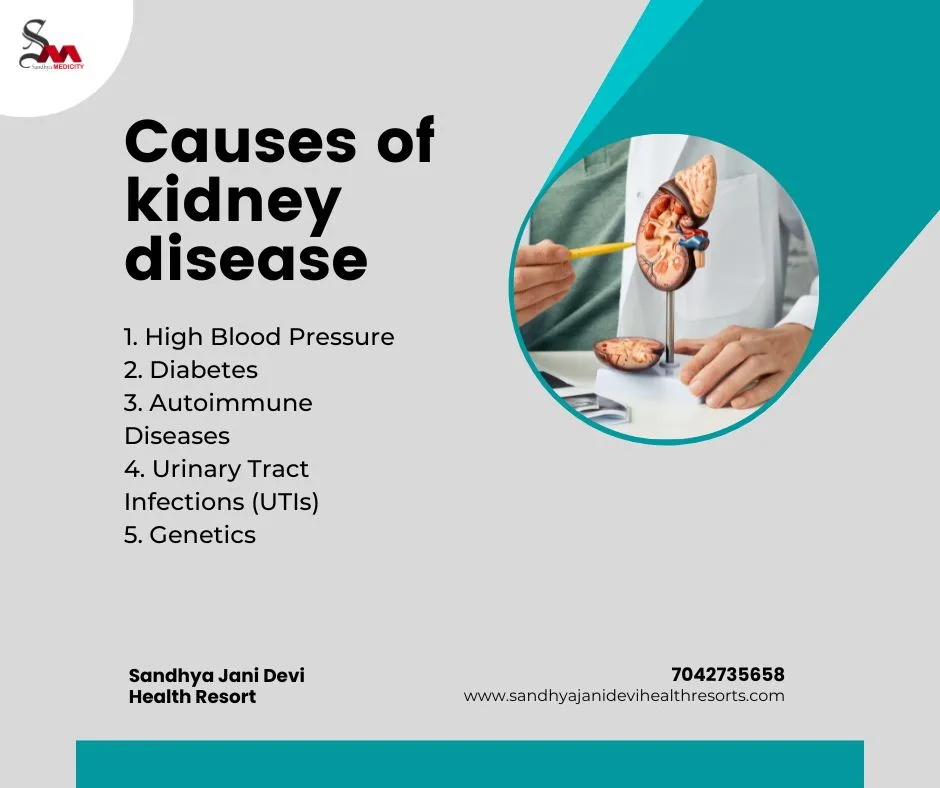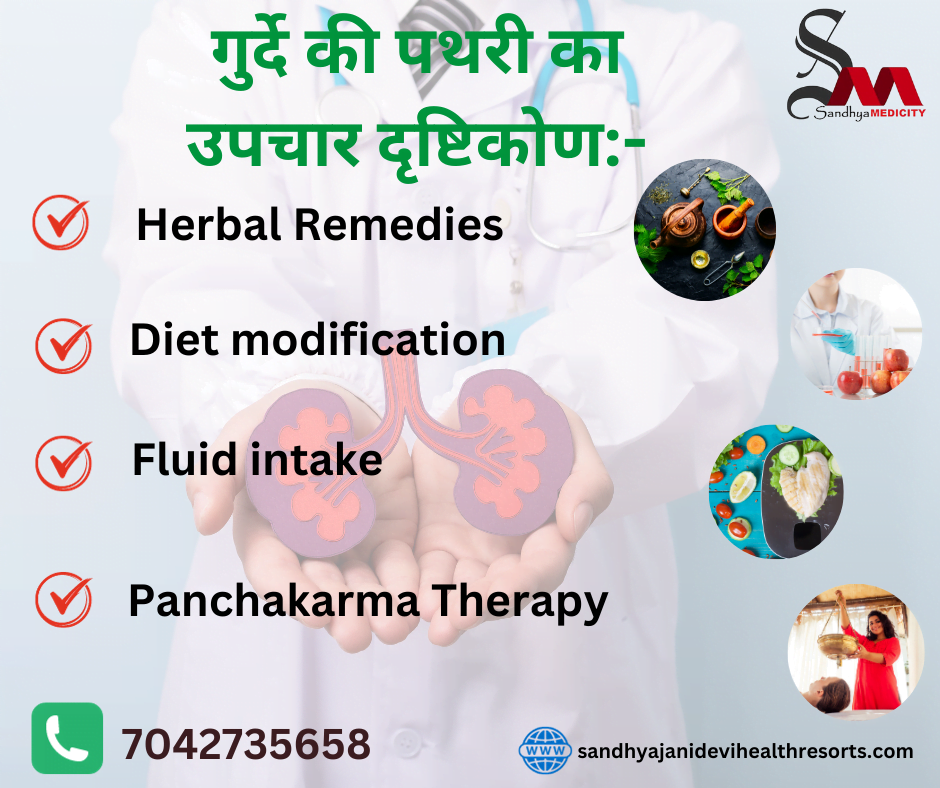Causes of Kidney Disease, also known as renal disease, is a condition that affects the kidneys’ ability to function correctly. This condition often goes unnoticed until it reaches an advanced stage, making it difficult to manage or treat. Kidney disease is prevalent, affecting around 10% of the world’s population, and it can lead to severe complications such as high blood pressure, anemia, and even kidney failure.
So, what are the primary causes of kidney disease, and how can you protect yourself from this condition? Let’s dive into this topic in detail.
Causes of Kidney Disease:

1. High Blood Pressure:
High blood pressure is one of the most common causes of kidney disease. If left uncontrolled, high blood pressure can lead to damage to the blood vessels in the kidneys, leading to a reduction in kidney function over time. The best way to prevent high blood pressure-related kidney disease is by monitoring your blood pressure regularly and taking any necessary medication prescribed by your doctor.
2. Diabetes:
Diabetes is another leading cause of kidney disease. When blood sugar levels are consistently high, the kidneys have to work harder to filter the blood, leading to damage over time. This condition is called diabetic nephropathy and can affect up to 40% of people with diabetes. To prevent or manage diabetic nephropathy, it is essential to control your blood sugar levels and maintain a healthy lifestyle.
3. Autoimmune Diseases:
Certain autoimmune diseases such as lupus and immune vasculitis can affect the kidneys and cause inflammation, reducing the organ’s ability to function correctly. Treating the underlying autoimmune condition is essential in preventing or managing kidney disease caused by autoimmune diseases.
4. Urinary Tract Infections (UTIs):
Urinary tract infections (UTIs) can lead to kidney infection, which can cause permanent damage to the kidneys if left untreated. UTIs are more common in women, and symptoms include burning sensation during urination and back pain. Treating UTIs promptly can help prevent kidney disease.
5. Genetics:
Certain genetic factors may predispose some individuals to kidney disease. Conditions such as polycystic kidney disease and Alport syndrome are inherited and can cause damage to the kidneys over time. If you have a family history of kidney disease, it is essential to get screened regularly and take preventative measures to reduce your risk of developing this condition.
Preventative Measures:
Now that we have discussed the primary cause of kidney disease, let’s discuss some preventative measures you can take to reduce your risk of developing this condition:
1. Maintain a Healthy Diet:
Eating a healthy, balanced diet can help prevent high blood pressure and diabetes, the leading causes of kidney disease. A healthy diet should include fruits, vegetables, whole grains, lean protein, and healthy fats.
2. Stay Hydrated:
Drinking plenty of water can help flush out toxins from the kidneys and prevent kidney stones from forming. We recommend drinking at least 8-10 glasses of water per day.
3. Exercise Regularly:
Engaging in regular physical activity can help reduce your risk of developing high blood pressure and diabetes, which are the leading causes of kidney disease. Just 30 minutes of moderate exercise per day can help improve blood pressure and glucose levels.
4. Manage Chronic Conditions:
If you have underlying conditions such as high blood pressure or diabetes, it is essential to manage these conditions adequately. Follow your doctor’s advice, take any necessary medication, and monitor your health regularly.
Conclusion:
In conclusion, kidney disease is a prevalent and potentially life-threatening condition affecting millions of people worldwide. Knowing the primary causes of this condition and taking preventative measures to reduce your risk is essential in maintaining good kidney health.
Remember to maintain a healthy diet and lifestyle, stay hydrated, exercise regularly, and manage any chronic conditions properly. Thanks for watching, and we hope you found this video informative. Don’t forget to like and subscribe to our channel for more health-related content.


